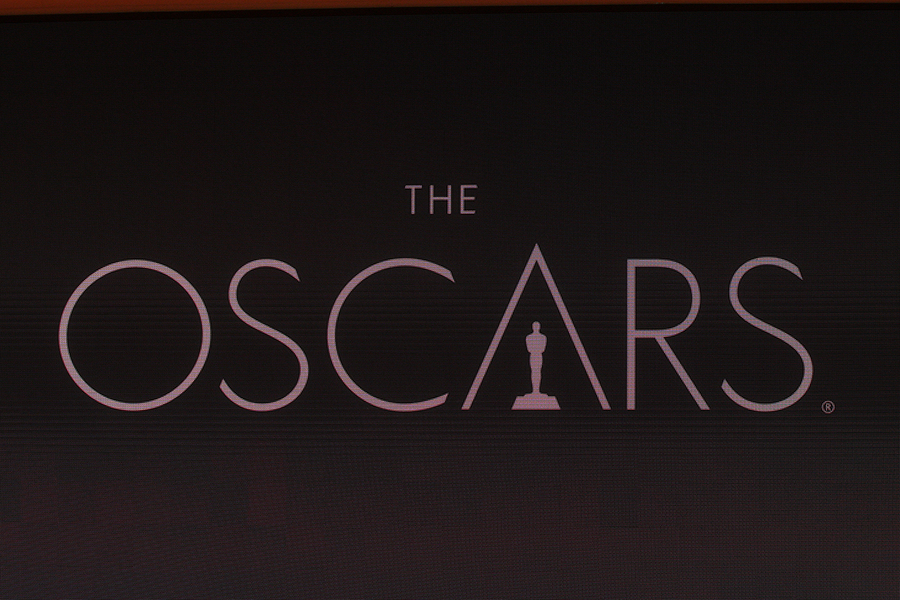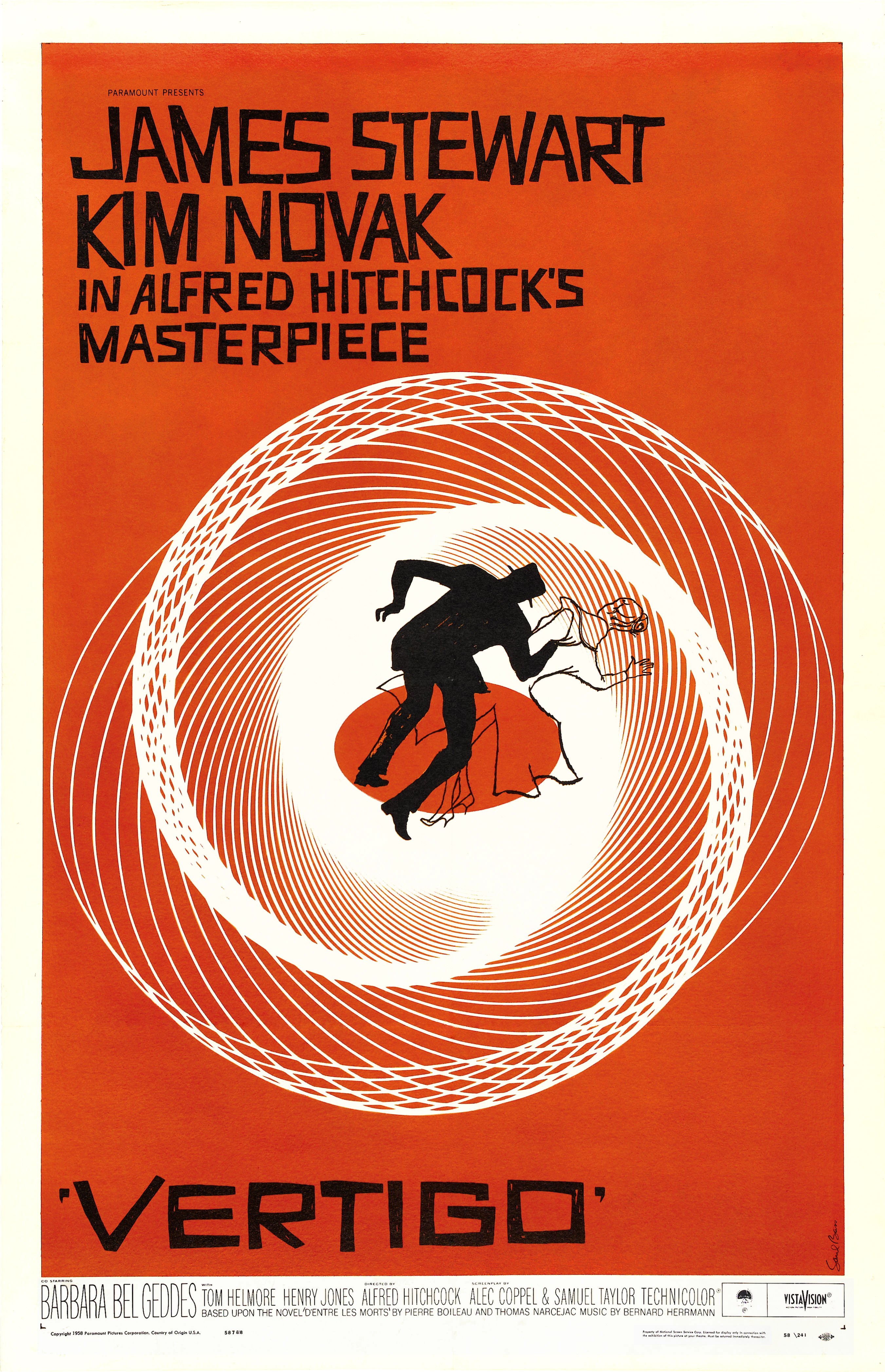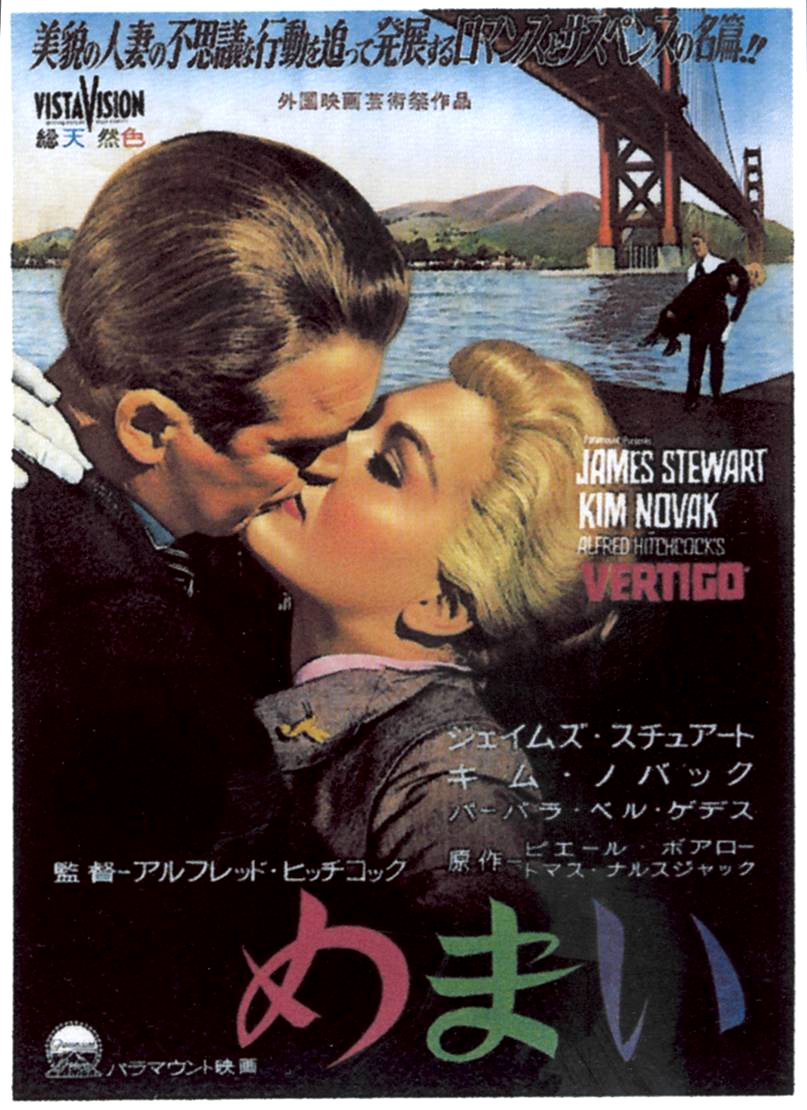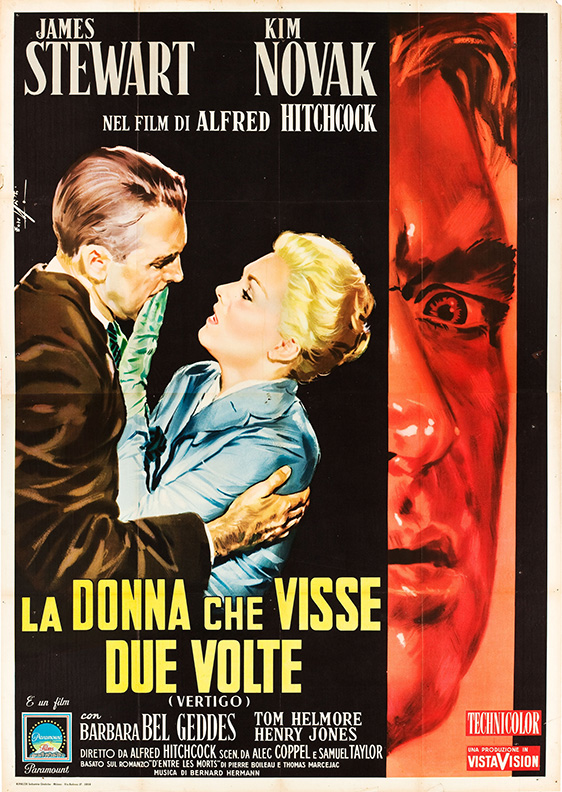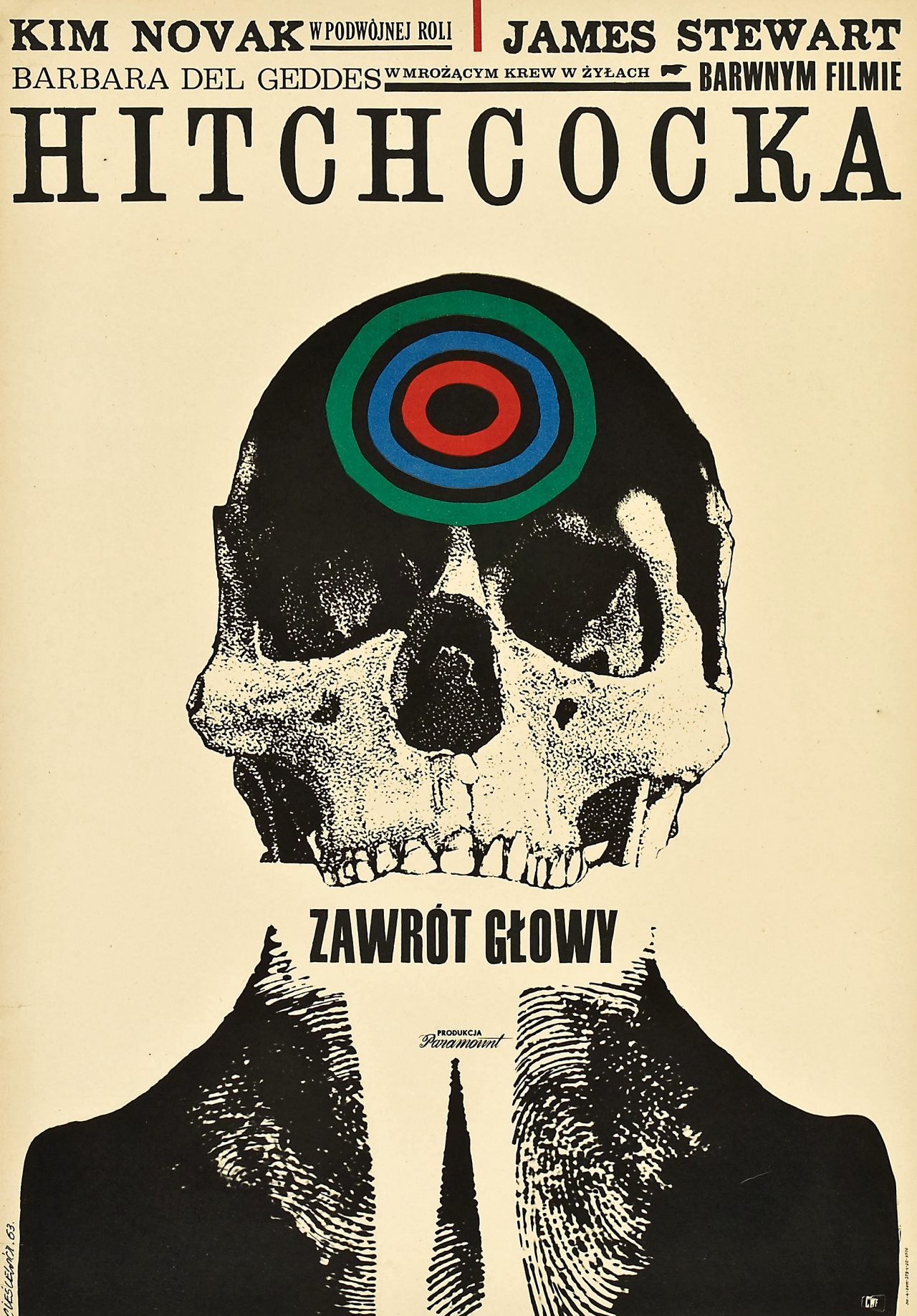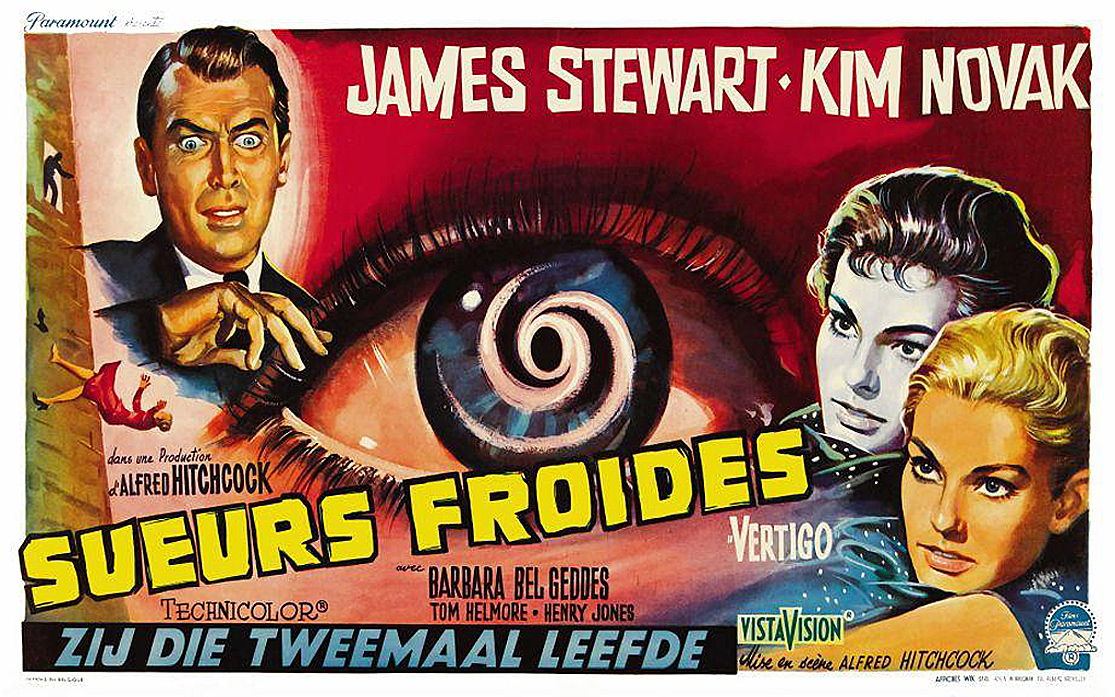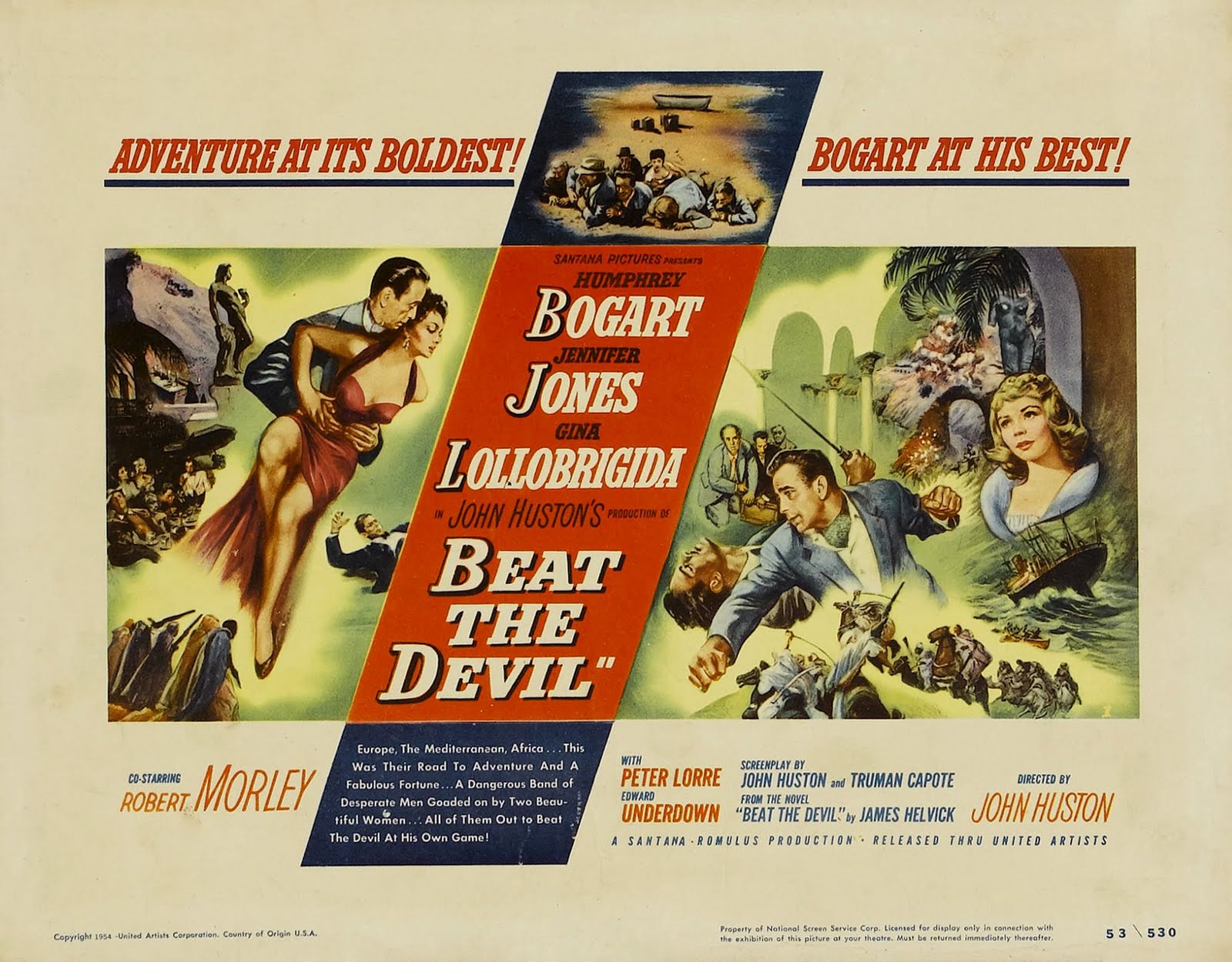Chuck Norris helped defeat Communism in Romania… or at least the black market VHS tapes of his movies did. That’s what Romanian filmmaker Ilinca Calugareanu argues in her New York Times Op Ed piece and in a related documentary short, which you can see above.
Nicolae Ceausescu’s regime was notoriously brutal and oppressive, even by Warsaw Pact standards. In his mad efforts to eradicate all foreign debt, he impoverished his people while building a massive, opulent palace for himself in the heart of Bucharest. He shut down all radio stations outside of the capital and restricted all television broadcasts to a mere two hours a day. And what was programmed was, by all accounts, pretty dull unless you’re a fan of Communist propaganda.
So it isn’t a suprise that when an enterprising entrepreneur began to flood the black market with bootleg VHS tapes of Hollywood blockbusters in the mid-80s, they were met with great illicit excitement. “It was amazing to do something illegal during Communism, something not Communist. Watching imperialist movies,” says one interviewee.
Movies like Flashdance, Taxi Driver, and Missing in Action became hits. Arnold Schwarzenegger, Sylvester Stallone and, yes, Chuck Norris all became underground stars. Yet while Romanian audiences were wowed by the spectacle of car chases, machine gun fights and exploding helicopters, they were equally transfixed by things that Western audiences might overlook — the relative luxury of a typical American abode, for instance. It was a powerful reminder that things were far better in the West than at home. “You could see what those people had, what they ate, what freedoms they had, how they spoke to one another,” says another interviewee. “It was completely different. And somehow, underneath it all, you felt … what freedom was.”
Yet the peculiar thing about all these VHS bootlegs is that they were all dubbed by the same person, a young translator named Irina Margareta Nistor. “As Hollywood movies became ubiquitous through the black market, this voice became one of the most recognizable in Romania,” writes Calugareanu. “Yet no one knew who she was.”
Nistor understandably worked in secret, conscious that a brutal crackdown could happen at any moment. But one never came. Ceausescu’s regime met a swift and bloody end on Christmas Day, 1989. As she looks back on her time as a translator and an unwitting underground celebrity, Nistor beams with a quiet pride, explaining that her actions were “a way to trick the Communists. That was my biggest satisfaction.”
Related Content:
How to Spot a Communist Using Literary Criticism: A 1955 Manual from the U.S. Military
How the CIA Secretly Funded Abstract Expressionism During the Cold War
A Short History of Romanian Computing: From 1961 to 1989
Jonathan Crow is a Los Angeles-based writer and filmmaker whose work has appeared in Yahoo!, The Hollywood Reporter, and other publications. You can follow him at @jonccrow.
